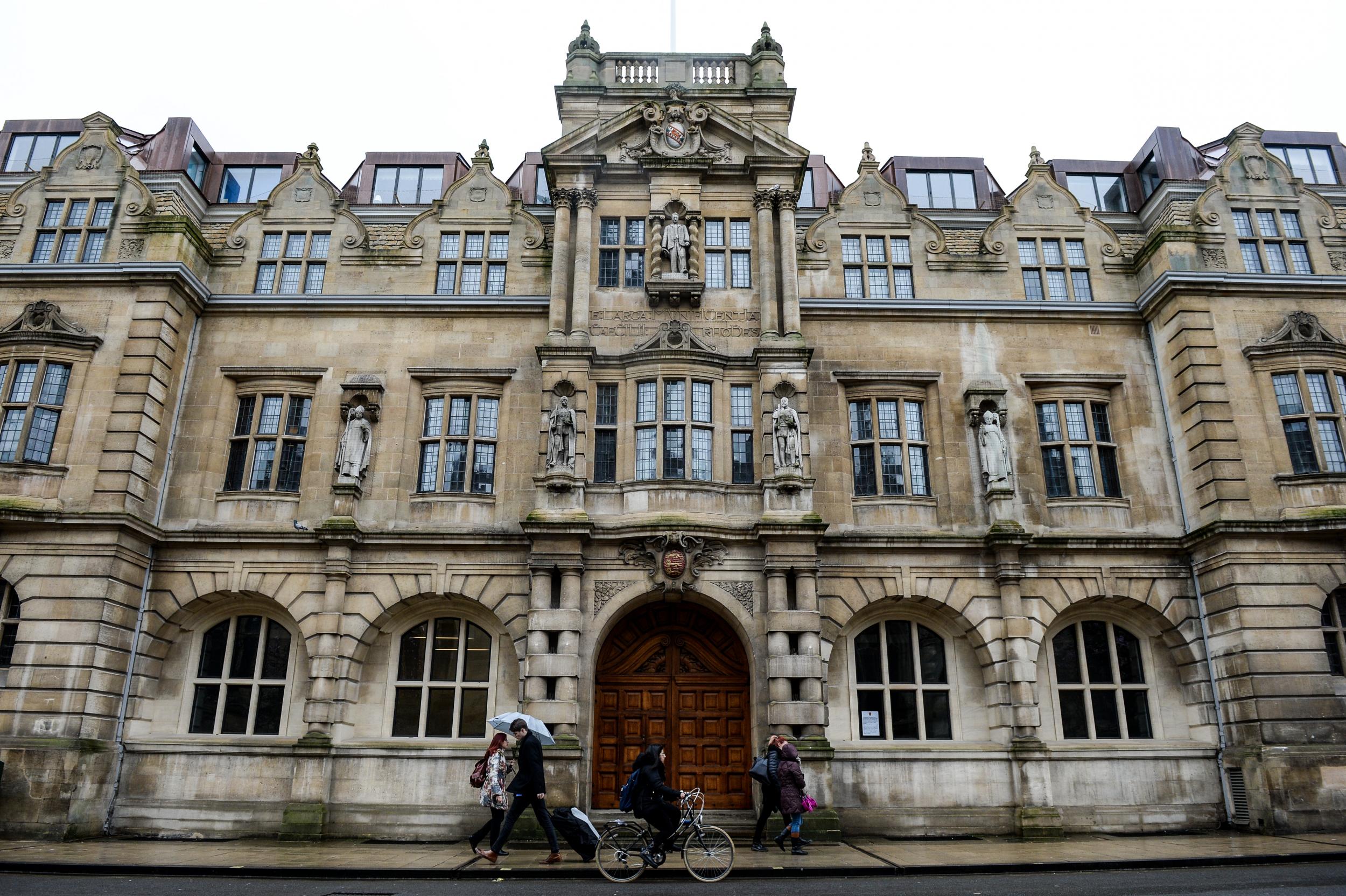Oxford University vice-chancellor says Prevent strategy 'wrong-headed'
'The principal motivations are admirable, but I think they are wrong-headed'

The head of Oxford University has attacked the Government’s controversial counter-extremism scheme Prevent, describing it as “wrong-headed”.
Vice chancellor Louise Richardson said universities should be places where students could debate freely and learn how to challenge arguments that they found objectionable.
For the same reason, Professor Richardson also criticised the spread of so-called ‘safe spaces’ on campuses, where the discussion of certain topics is banned in case they cause offence.
The Prevent strategy was set up after the July 7 bombings in 2005, to tackle violent and non-violent extremism, from Islamists to neo-Nazis.
Local councils, schools, health services, prisons and the police are required to report anyone voicing extremist views or considered vulnerable to radicalisation. They can be referred for one-to-one mentoring.
But the strategy has been criticised as a threat to attempts to build closer community links and dialogue if it is used to target innocent acts, especially by young people.
Asked if she thought the Government has got it right with Prevent, specifically when it is used to prevent extremists talking at Universities, Professor Richardson said: “No I’m afraid I don’t and actually I do see it in the same vein as ‘safe spaces’ and so on.
“The Government’s efforts on Prevent…the principal motivations are admirable, but I think they are wrong-headed.
“I think universities are the places where we should hear any legal speech and we should demonstrate to our students how you confront speech you find objectionable.”
Asked if she thought the Prevent strategy was stopping that from happening, she replied: “Indeed yes”.
On safe spaces, Professor Richardson said: “I would say the underlying principle is the same. Those who want safe spaces are again trying to restrict the expression of views they find reprehensible.
“Universities are precisely the places where we should hear views that are objectionable whether from extremists or, on the other hand, that students find objectionable”
Professor Richardson was giving an interview to mark Oxford topping this year’s Times Higher Education World University Rankings.
Theresa May recently criticised safe spaces, but extended the Prevent strategy herself as Home Secretary, to also target non-violent extremism.
This month, it was revealed that more than 350 children under the age of ten have been reported for being ‘at risk of extremism’ in just one year, through the strategy.
In total, 4,611 people were referred in the 12 months to June – a 75% increase compared with the previous year, when there were 2,632.
Of those 4,611, about half – 2,311 - were 18 or younger, the figures obtained under freedom of information rules showed.
Join our commenting forum
Join thought-provoking conversations, follow other Independent readers and see their replies
Comments
Bookmark popover
Removed from bookmarks